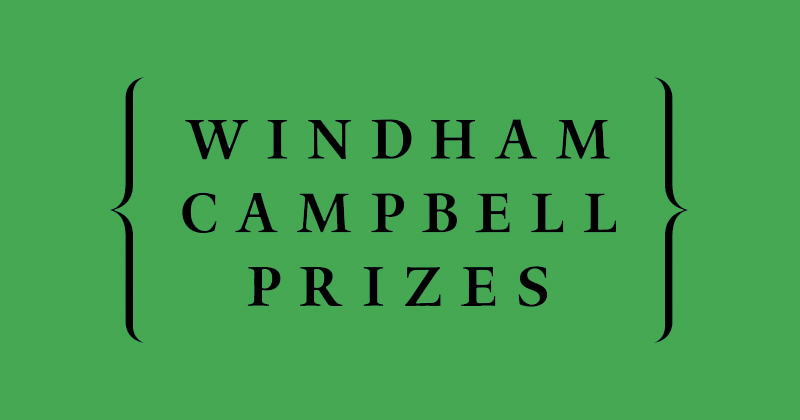
Here are the winners of the 2023 Windham-Campbell Prizes.
Today, the Windham-Campbell Prizes announced this year’s eight winners, each of whom will receive an $175,000 award. This annual prize recognizes excellence in fiction, nonfiction, drama, and poetry written in the English language from anywhere in the world, and is offered as an unrestricted grant to support the recipients’ further writing. Here are this year’s winners, along with the citations from the anonymous Windham-Campbell selection committee:
FICTION:
Percival Everett (United States)
“In its mordant humor and philosophical skepticism, Percival Everett’s virtuosic body of work exemplifies fiction’s capacity for play, vigilance, and compassion for life’s precarity in an uncertain world.”
Ling Ma (United States)
“Ling Ma meditates on urban anomie with wry humor and subversive imagination, brilliantly bending and blending genre to plumb the depths of her characters’ origins, displacement, and alienation.”
NONFICTION:
Susan Williams (United Kingdom)
“Susan Williams chronicles imperial legacies with a forensic eye, a historical mind, and a decolonial sensibility for African agency; her findings are as stunning as they are transformative.”
Darran Anderson (Ireland/United Kingdom)
“With divinatory attention, Darran Anderson gives voice to the testimony of objects and geographies, chronicling the passage of individual memory as it turns into a community’s archive and sustaining myth.”
DRAMA:
Dominique Morisseau (United States)
“The nuanced characters and trenchant stories in Dominique Morisseau’s plays strike at the heart of the most pressing conversations facing African Americans today, embodying a steadfast belief in the transformative power of love and art.”
Jasmine Lee-Jones (United Kingdom)
“Fierce, fresh, and funny, Jasmine Lee-Jones’s iconoclastic plays reinvigorate the vernacular of contemporary theater for a new generation.”
POETRY:
Alexis Pauline Gumbs (United States)
“The luminous, visionary poetry of Alexis Pauline Gumbs emerges from urgent realities of the present and haunting voices of the past to imagine alternative worlds shaped by radical listening, compassion, and love.”
dg nanouk okpik (Iñupiaq-Inuit)
“dg nanouk okpik’s lapidary poems sound the depths of language and landscape, shuttling between the ancient past and imperilled present of Inuit Alaska in a searching meditation on ecology and time.”
Emily Temple
Emily Temple is the managing editor at Lit Hub. Her first novel, The Lightness, was published by William Morrow/HarperCollins in June 2020. You can buy it here.



















